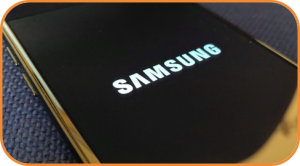Giving something back

If you’ve attended training at our Wyboston Lakes facilities over recent months you may have noticed our featured charity noticeboard just outside the classroom. Each quarter Control-F makes a donation to a charity selected by a staff member. We try and select smaller charities where our donation might make more of an impact.
This year we have made donations to charities working in the following areas:
- Changing attitudes to dyslexia
- Cave rescue (yes, really!)
- Young people’s mental wellbeing
- Supplying educational books for prison inmates
We hope that in a small way we can help support and raise the profile of valuable charities that many people will never have heard of.




